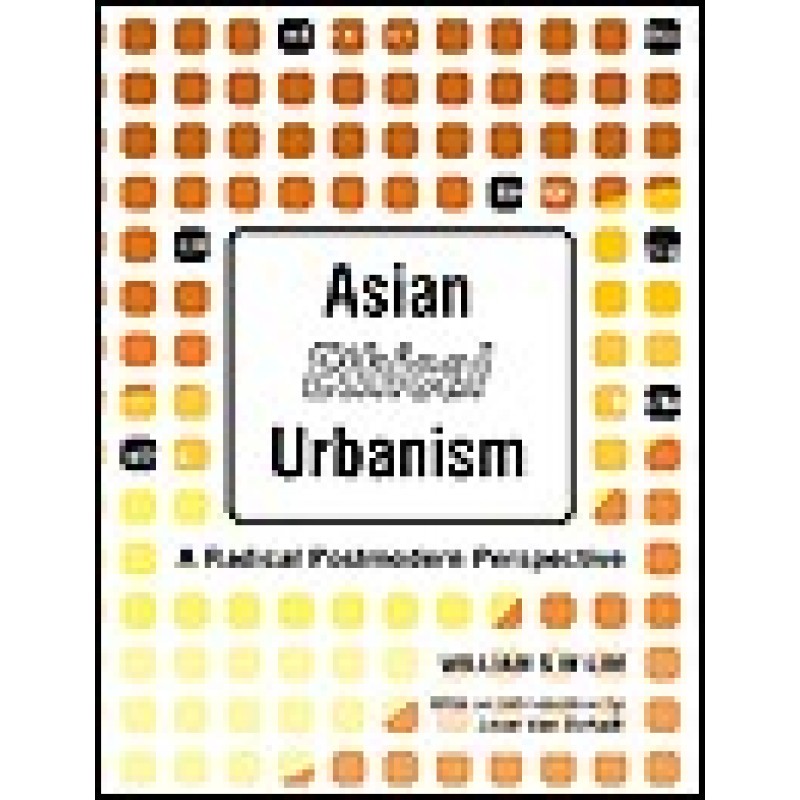Asian Ethical Urbanism: A Radical Postmodern Perspective
| Author(s) | William Lim Siew Wai |
| ISBN10 | 981256313X |
| ISBN13 | 9789812563132 |
| Format | Paperback |
| Pages | 276 |
| Year Publish | 2005 |
Synopsis
Part I of this book consists of the main essay, which attempts to establish baselines for an effective formulation of ethical urbanism in Asia, by clarifying issues that have previously been unquestioningly bound up with Western values and discourses. As an architect/urbanist, Lim lends a determinedly spatialist and environmental perspective to issues such as rights, ethics, happiness and social justice, while compelling his readers to rethink previously established notions about them.
Part II of this book consists of three city studies on Hanoi, Shanghai and Singapore, completed in the last two years, which attempt to match Lim’s theoretical formulation with actual conditions occurring in Asia today. Also included is “Asian Architecture in the New Millennium”, a fascinating discourse on contemporary design conducted from a postmodern perspective.
Contents:
* Orientations
* Asian Ethical Urbanism
* Post-Planning as a Credible Instrument for Asian Ethical Urbanism
* Asian Architecture in the New Millennium: A Postmodern Imagery
* Ancient Quarter Hanoi: A Living Tradition
* Have You Been Shanghaied? Culture and Urbanism in Glocalised Shanghai
* Architecture, Art, Identity in Singapore: Is There Life After Tabula Rasa?
Readership: Academics interested in cultural and urban studies, architects and urbanists.

